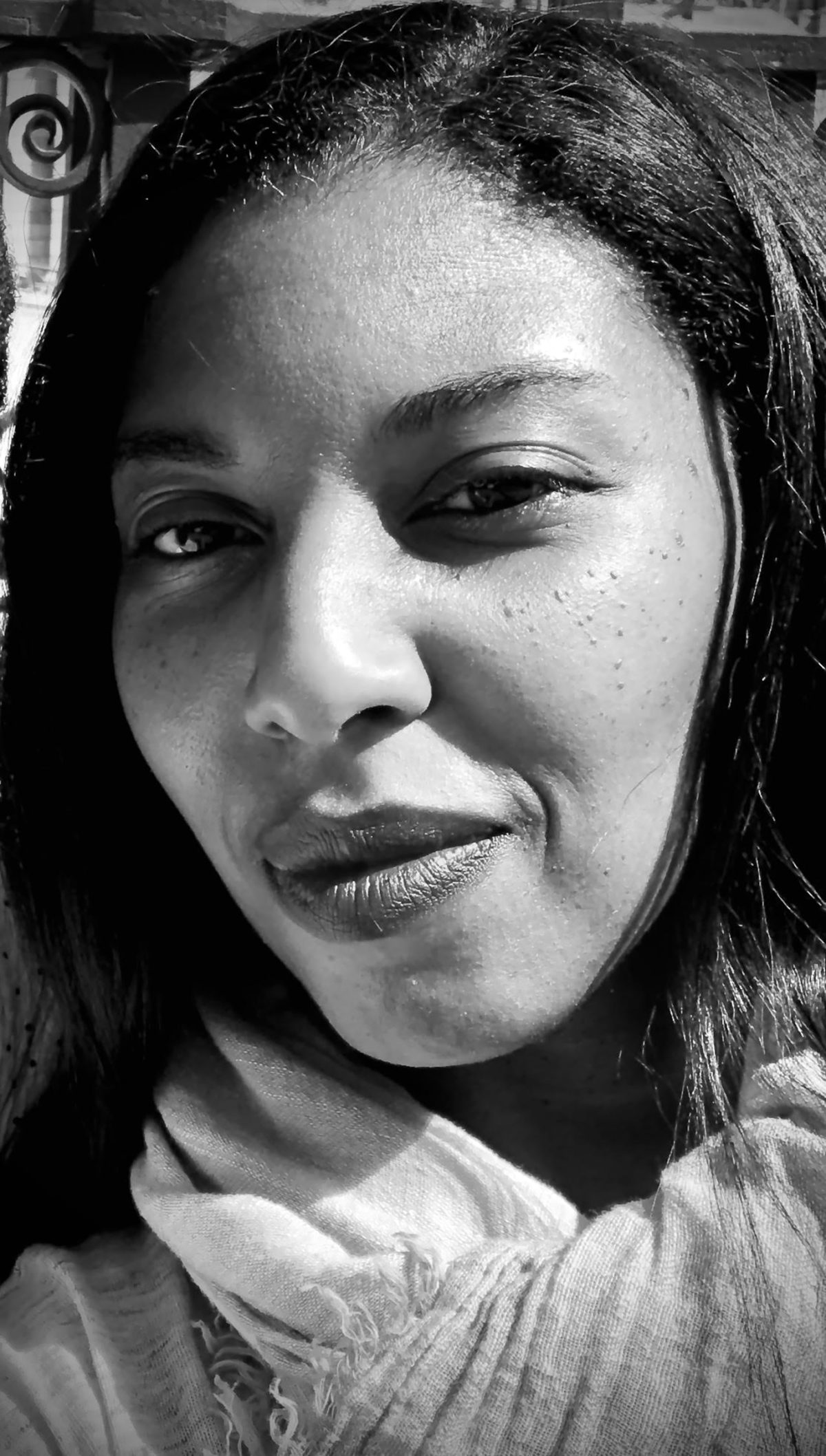
Khadijah Queen’s newest poetry collection, Anodyne, is an eerily prophetic treasury of forms and methods for departure and conjure, even when and where no apparent movement seems possible. It is a book, in a way, about the fine art of movement and maternal modes of bringing forth, between a rock and a hard place—without literally, or “only” being about motherhood, about care, about love. By turns spare and voluble, lines cut as though with a scalpel or emerging into consciousness like incontrovertible mist, the poems in Anodyne are anything but, dealing with and doing pain while moving, line by line, toward a future I feel in the alreadiness of my brightest prayers.
You have reached your article limit
Sign up for a digital subscription and continue reading all new issues, plus our entire archives, for just $1.50/month.
Already a subscriber? Sign in




